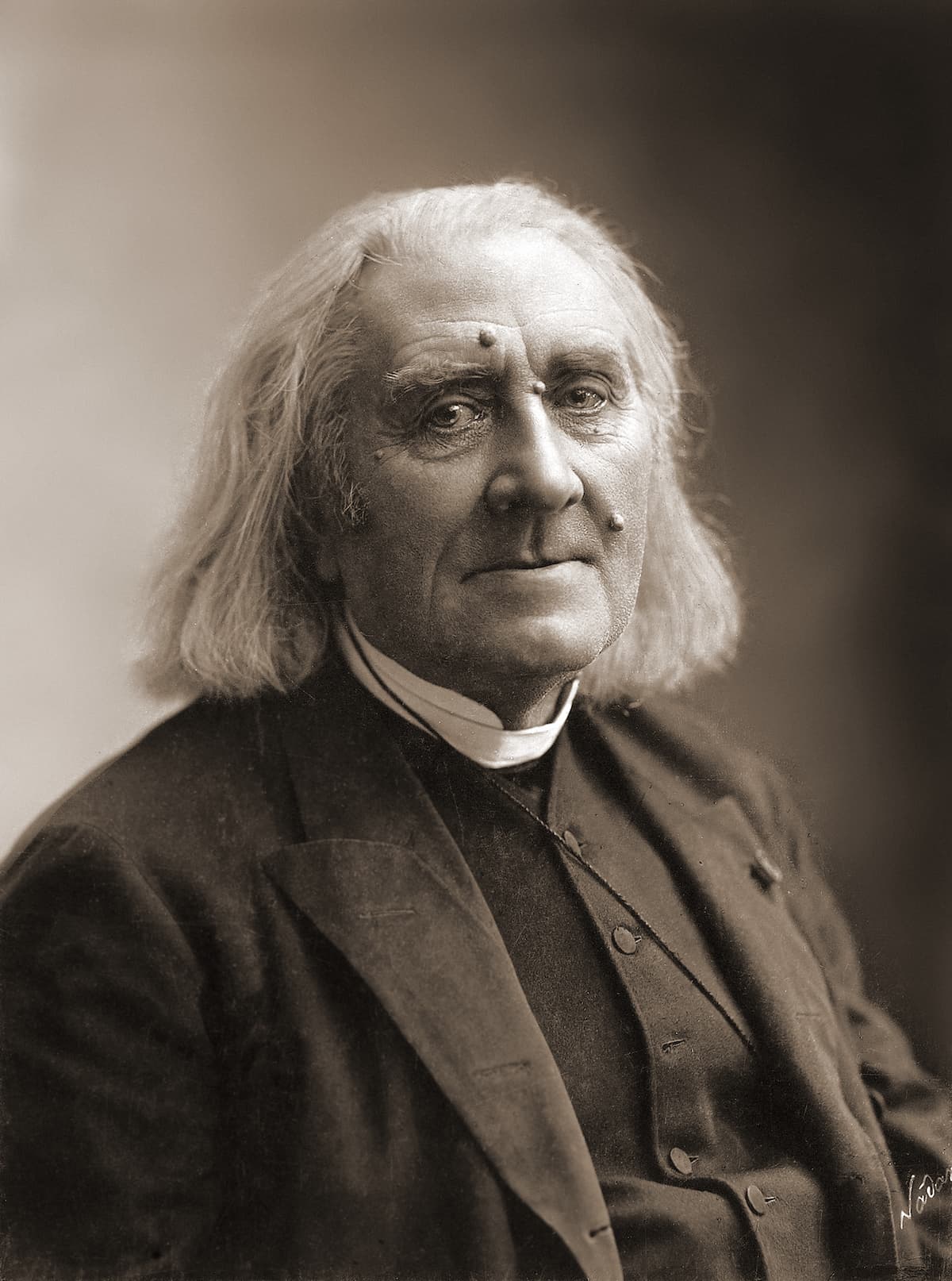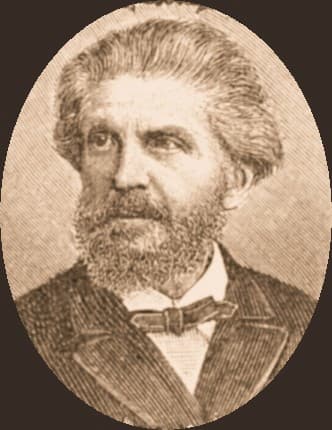Franz Liszt first sought medical care in 1881, suffering from the early cardio-respiratory disease that would eventually take his life. Concurrently, Liszt also noted a gradual decline in the vision of his left eye. He had used corrective lenses for some time, but by 1882, his phenomenal sight-reading ability was impaired.

Portrait of Franz Liszt
According to Borodin, Lizst “made several mistakes while reading the score of his symphony from manuscript due to his diminished vision.” Liszt consulted the ophthalmologist Alfred Graefe in Halle and was told that he had cataracts in both eyes. Liszt initially declined the operation and continued to struggle with poor vision. When he performed in public, he had to be led to the concert platform by another person, and he had “to adopt a hand position closer to the keys than that of his youth, a possible concession to declining vision.” During his trip to London in 1886, Liszt had to be spoon-fed by Jenny Churchill, and he could write music and letters only with the greatest difficulty.
Franz Liszt: Nuages gris
Liszt also began to suffer from a severe type of blepharitis. Inflammation, scaling, reddening, and crusting of the eyelid characterize this common ocular condition. His eyes streamed profusely, especially in smoky environments, and he described the incessant redness of his eyes as “horribly annoying.”

Dr. Karl Alfred Graefe
Dr. Graefe prescribed anti-bacterial eye drops, and he advised Liszt to avoid cigar smoke. Since Liszt was a great connoisseur of Havana cigars, he chose to politely ignore his doctor’s advice. However, by 1886, Liszt’s vision had declined to such an extent that an operation was imperative. Scheduled for September 1886, Liszt was extremely uncomfortable with the notion of having his eyes operated on. He should have been in good hands, as surgical techniques had markedly improved over the years. And Graefe had not only developed his own specialty surgical knife but also a detailed procedure for “extracapsular cataract extraction.” Since Liszt died in Bayreuth on 31 July 1886, the operation did not take place. Alfred Graefe died in 1899, and it can be stated with some confidence that both men decisively contributed to rapid innovations and improvements in their respective fields.
For more of the best in classical music, sign up for our E-Newsletter
